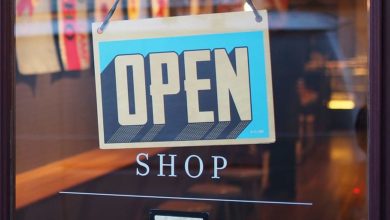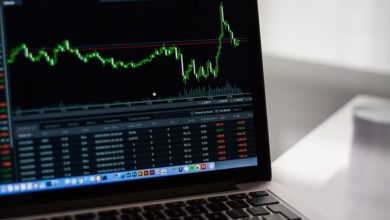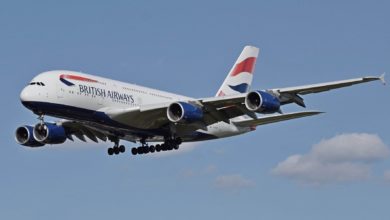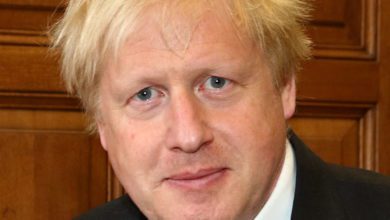Oil prices plunge, Virgin Australia could crash land, Nasa robots controlled from the kitchen table
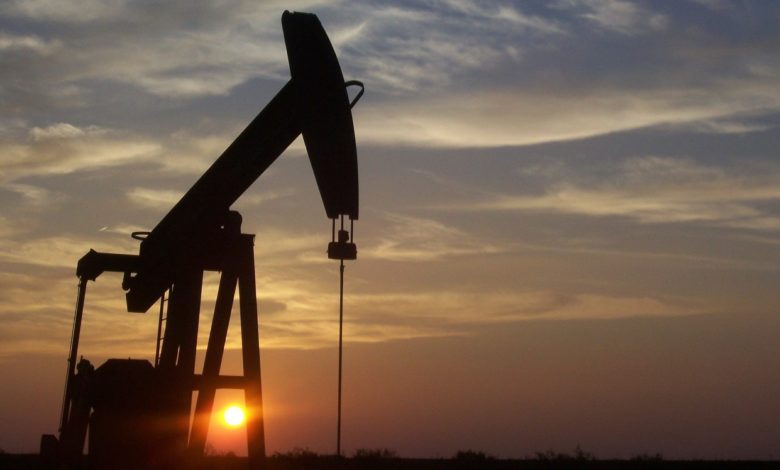
Oil producers in the United States will pay you to take their barrels as global demand has plummeted amid government lockdowns. It’s hard to overstate the significance of the story, but probably the best way is to say that this has never happened before. Essentially the largest producers have ended up with a massive surplus of production just as demand dropped off a cliff, and they have nowhere to store it all. At certain points yesterday the price fell to -$2 (yes, minus), meaning you and I could get paid $2 to wheel away a barrel of our own.
The price has recovered a little today, but let’s look into why it happened. The benchmark US oil standard is West Texas Intermediate, and contracts for the delivery of this oil next fell below $40 a barrel yesterday. The reason is that the deadline for this particular batch of contracts is today, which meant trading in May contracts was very low in volume, and it was going to be better for buyers to look ahead to June. There were hopes that it would recover as it held at $20 a barrel yesterday, but down to $11.80 today, making investors nervous that it was not just an aberration, but a symptom of a wider global oil price crisis.
UK law firms have been slower to cut pay than their American counterparts during the coronavirus pandemic, reports the FT this morning. Partner remuneration cuts of up to 25% are typical of the US management decisions surrounding COVID-19 measures, whereas the Brits are apparently more reluctant to let the crisis hit their own pockets.
However, the explanation is not as simple as calling London’s legal bods ‘greedy’; rather, it looks to be a function of the timing of US vs. UK financial years. American law firms, whose financial year ends in December, have already paid out the previous period’s profits to their equity partners in January, meaning they have wound up with less cash sitting on the balance sheet with which to steady the ship financially. British firms on the other hand were yet to pay theirs, meaning a big chunk of profits from better times are still in the bank and ready to deploy for crisis management.
Virgin Australia has fallen into administration, after it failed to convince the government to give it an $886m bailout. It had a 30% market share down under, with its only major competitor being Qantas. Woes in casa Virgin are in evidence elsewhere, too, as Richard Branson appealed to the UK government to save the Virgin here, too. The government has so far rejected his proposals for a £500m loan – which he insists will be paid back as a commercial arrangement.
He has been pushed to put further chips into play, reportedly offering to put up Necker Island, his private fiefdom in the British Virgin Islands, as collateral for assistance. The British government has yet to make any decisions, but criticism has come thick and fast from members of the Twitter-babbling public who say that with a net worth of £4.3bn, he ought to dip into his own pocket if he wants to bailout the airline, especially since he has reportedly paid no income tax in the UK for 14 years. Branson himself was quick to point out that his net worth figure is derived from the value of his stakes in the various Virgin businesses around the world, and that it is not sitting as cash in a bank account waiting to be withdrawn.
Thought you were getting nifty with video meetings? You ain’t got nothing on Nasa employees, who are operating Mars rovers, satellites and deep space probes from their desks at home while the lockdown persists, says The Verge. A key project they have been working on for almost 10 years is a ‘dress rehearsal’ for a deep-space rendezvous with an asteroid.
The immensely complex mission was presumably supposed to be conducted from a mission-control-style nerve centre in a Nasa facility, but instead it will be going ahead using iMacs on the kitchen table with a bit of pokey home WiFi. Let’s home there are fewer ‘unstable connection’ warnings on the Nasa Curiosity streaming software than there are on Zoom.




